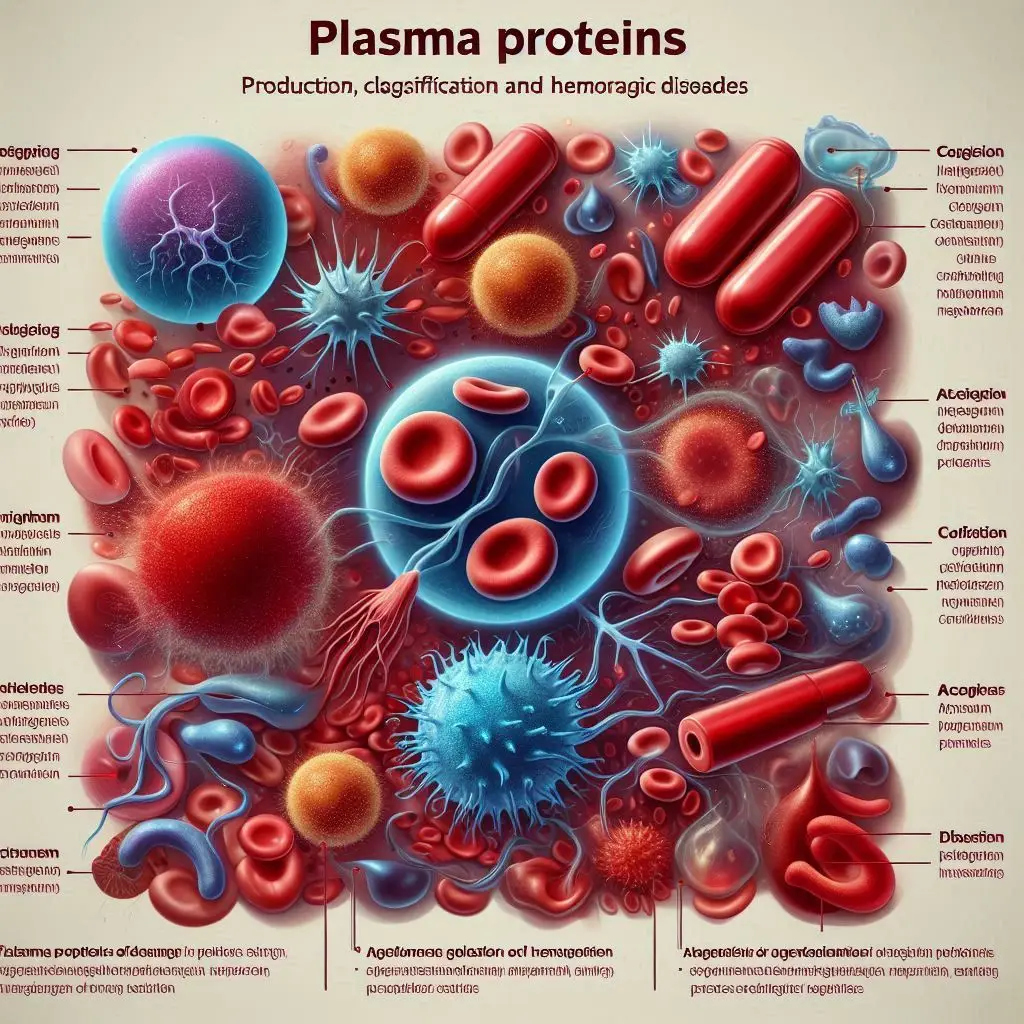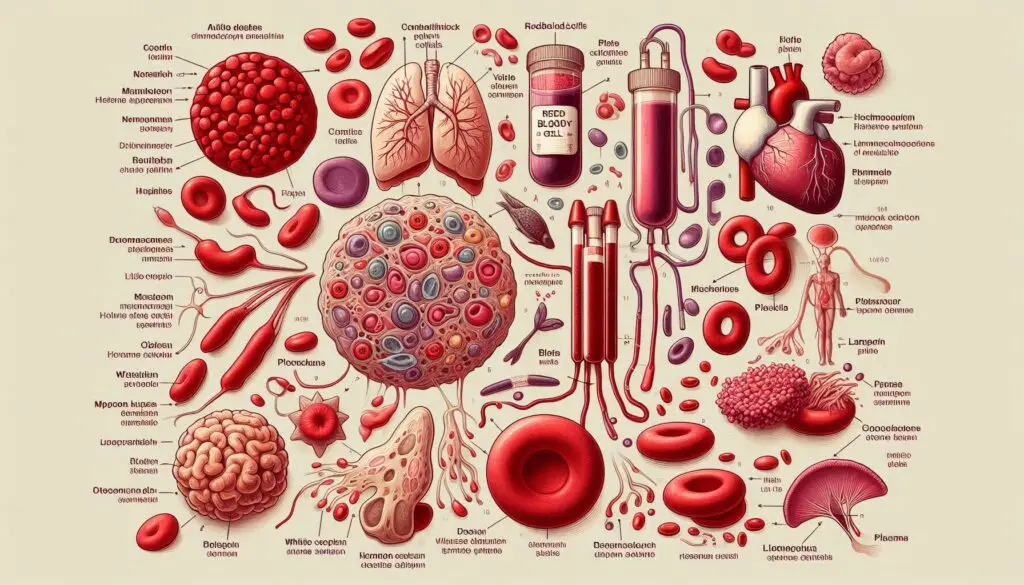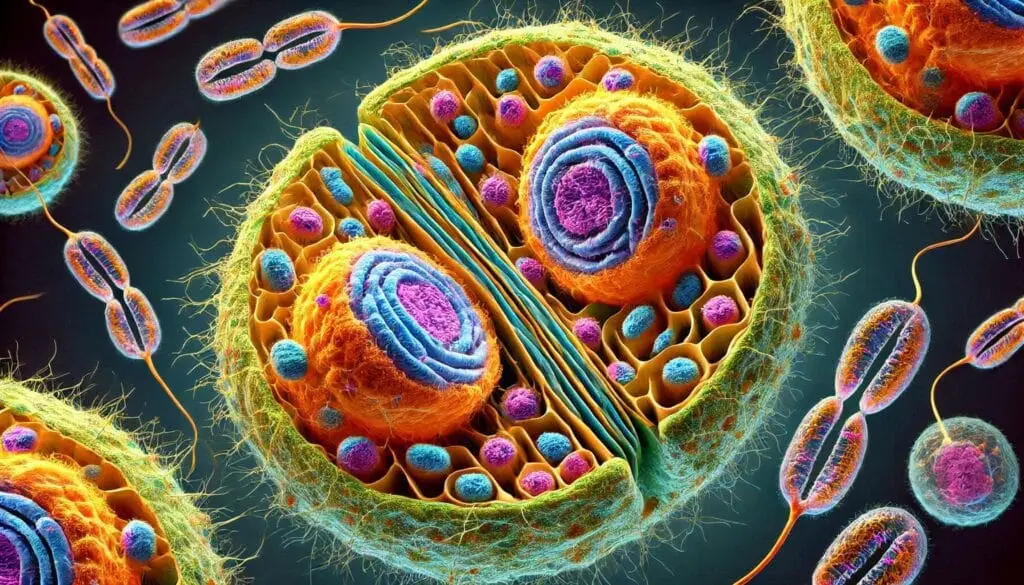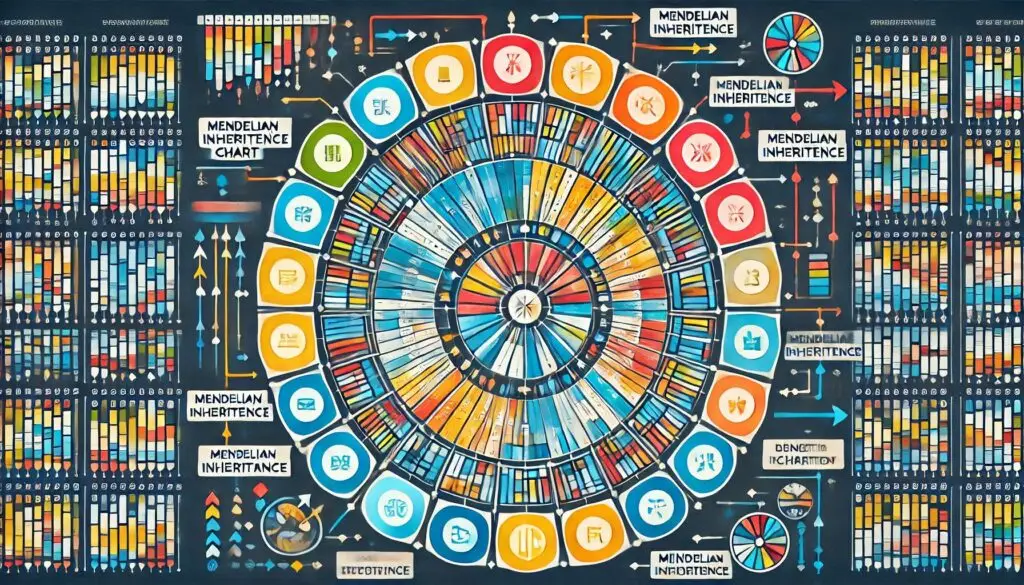Blood Group Polymorphisms

Introduction
Blood group polymorphism is a fascinating area of study within genetics that explores the variations in blood group antigens among individuals. These variations are not merely academic; rather, they have profound implications for transfusion medicine, disease susceptibility, and our understanding of human evolution. In this article, we will delve into the molecular mechanisms behind blood group polymorphisms, their clinical significance, and their evolutionary context.
Understanding Blood Groups
What Are Blood Groups?
Blood groups are classifications based on the presence or absence of specific antigens on the surface of red blood cells. The most well-known blood group systems include:
- ABO System: This system classifies blood into four main types: A, B, AB, and O, based on the presence of A and B antigens.
- Rh System: This system determines whether blood is Rh-positive or Rh-negative, based on the presence of the Rh factor (D antigen).
- Other Systems: Additionally, there are other systems, including Kell, Duffy, and Lewis systems.
The Importance of Blood Groups
Understanding blood groups is crucial for several reasons. First and foremost, accurate blood typing is essential to prevent transfusion reactions. Furthermore, blood type matching is vital for successful organ transplants. Additionally, certain blood groups are linked to susceptibility or resistance to specific diseases, highlighting their clinical relevance.
The Genetic Basis of Blood Group Polymorphism
Molecular Mechanisms
Blood group polymorphisms arise from a variety of genetic mechanisms. For instance:
- Single Nucleotide Polymorphisms (SNPs): This is the most common type of genetic variation, where a single nucleotide change can alter the expression of blood group antigens.
- Gene Deletions and Duplications: These genetic changes can lead to the absence or overexpression of specific antigens, thereby affecting blood group classification.
- Nonsense Mutations: Such mutations result in premature termination of protein synthesis, which can eliminate the expression of certain blood group antigens.
- Promoter Region Variations: Changes in the regulatory regions of genes can influence the level of antigen expression, leading to polymorphic blood group phenotypes.
Null Phenotypes
Moreover, null phenotypes occur when an individual lacks the expression of specific blood group antigens. These can provide insights into the functions of blood group antigens and their evolutionary significance. For example, individuals with the “O” blood type lack A and B antigens, while those with the Rh-null phenotype lack all Rh antigens.
Clinical Implications of Blood Group Polymorphism
Transfusion Medicine
Understanding blood group polymorphisms is vital in transfusion medicine. Accurate blood typing is essential to prevent transfusion reactions. Consequently, molecular techniques, such as DNA-based typing, have become increasingly important, especially in cases where serological testing is complicated by previous transfusions.
Disease Associations
Research has shown that certain blood group polymorphisms are associated with various diseases. For instance:
- Infectious Diseases: Blood group O has been linked to a lower risk of peptic ulcers caused by Helicobacter pylori. Conversely, individuals with blood group A may have a higher susceptibility to certain infections.
- Malaria Resistance: The Duffy blood group system is associated with susceptibility to malaria. Notably, individuals with the Duffy-null phenotype are resistant to the malaria parasite Plasmodium vivax.
Maternal-Fetal Medicine
Additionally, blood group polymorphisms play a crucial role in maternal-fetal medicine. The Rh incompatibility between an Rh-negative mother and an Rh-positive fetus can lead to hemolytic disease of the newborn (HDN). Therefore, understanding the genetic basis of blood groups helps in managing and preventing such complications.
Evolutionary Perspectives on Blood Group Polymorphism
Historical Context
The distribution of blood group polymorphisms across populations is influenced by historical migration patterns, natural selection, and environmental factors. For example, the prevalence of certain blood types in specific geographic regions may reflect historical exposure to diseases, such as malaria.
Natural Selection
Moreover, blood group polymorphisms are subject to natural selection. In regions where malaria is endemic, blood group variations that confer resistance to the disease may be favored. This selective pressure can lead to a higher frequency of certain blood types in those populations.
Genetic Drift and Founder Effects
In isolated populations, genetic drift can lead to the fixation of specific blood group alleles. Similarly, founder effects, where a small group establishes a new population, can also result in unique blood group distributions that differ from the larger population.
Future Directions in Blood Group Research
Advances in Genomic Technologies
The advent of next-generation sequencing (NGS) technologies has revolutionized our understanding of blood group polymorphisms. These technologies enable researchers to identify novel blood group antigens and understand their genetic basis more comprehensively.
Personalized Medicine
As our understanding of blood group polymorphisms deepens, the potential for personalized medicine increases. Tailoring medical treatments based on an individual’s blood group and associated genetic factors could improve patient outcomes, particularly in transfusion and transplantation.
Global Health Implications
Understanding blood group polymorphisms can have significant implications for global health. Identifying populations at risk for certain diseases based on their blood group distribution can inform public health strategies and interventions.
Conclusion
In conclusion, blood group polymorphisms are a complex interplay of genetic variations that have significant implications for transfusion practices, disease susceptibility, and human evolution. As research continues to unravel the molecular mechanisms behind these variations, we can expect advancements in personalized medicine and a deeper understanding of the evolutionary significance of blood groups. By appreciating the diversity of blood group polymorphisms, we can enhance our approach to healthcare and improve patient outcomes worldwide.
For more pearls of Vets Wisdom:






Responses